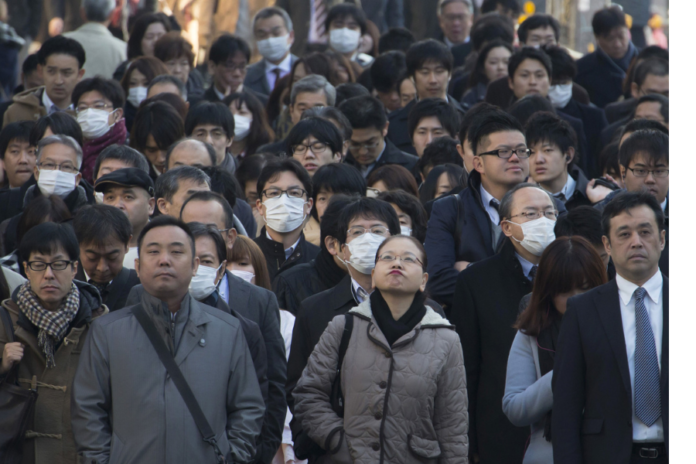Japan, which launched a work style reform campaign with an aim to promote shorter hours and other flexible arrangements along with overtime limits and paid annual leave, is trying to address the issue of labor shortage by encouraging people and companies to adopt four-day workweeks.
According to a report, in 2021, the Japanese government expressed support for a shorter working week, after the idea was endorsed by the lawmakers.
However, the concept has been slow to catch on as about 8 percent of companies in the country allow employees to take three or more days off per week, while 7 percent give their workers the legally mandated one day off, according to the Ministry of Health, Labor and Welfare.
The work style reform campaign of the government hopes that more people and companies would come forward and adopt the suggested work-related reforms in order to deal with the issue of shortage of workers, it said.
It believes that small and medium-sized businesses would promote the idea of shorter working-hours and other flexible arrangements along with overtime limits and paid annual leave.
“By realizing a society in which workers can choose from a variety of working styles based on their circumstances, we aim to create a virtuous cycle of growth and distribution and enable each and every worker to have a better outlook for the future,” a labour ministry website was quoted as saying by the report.
Another campaign– ‘hatarakikata kaikaku’, which translates to “innovating how we work” has also been launched to support and encourage the idea of shorter work-week culture in order to deal with the shortage of work force.
Also Read: Taiwan taking Russian lessons to fight Chinese
The report referring to the government department that oversees the new support services for businesses, said only three companies have come forward so far to request advice on making changes, relevant regulations and available subsidies, illustrating the challenges the initiative faces.
The recent developments concerning the government’s official backing of a better work-life balance present a marked change in Japan, a country known for its culture of workaholic stoicism that led to the national recovery and stellar economic growth after World War II.



